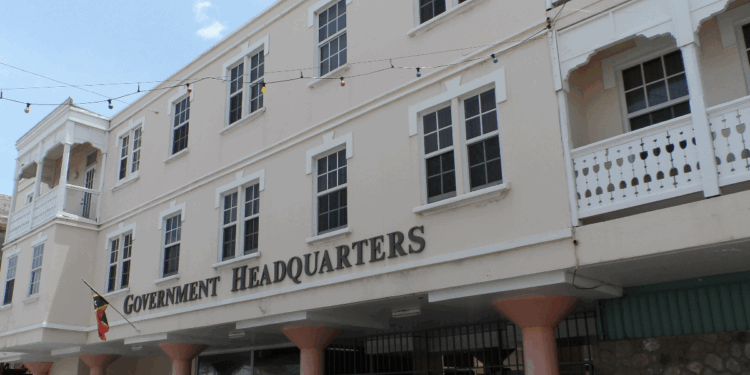Government Confirms Continuation of Current Travel Per Diem Rates
The Government of Saint Kitts and Nevis has issued a definitive statement clarifying its travel per diem policy for government officials, emphasizing that the policy remains unchanged since its inception in 2008. This clarification comes in response to persistent and inaccurate claims circulating publicly, which misrepresent the actual amounts allocated for official travel expenses. The government underscores its commitment to transparency and accountability in public spending, urging citizens to rely on verified information from official sources rather than unsubstantiated rumors. The statement serves as a formal refutation of the false narratives and an affirmation of the government’s adherence to established financial regulations.
The existing 2008 policy outlines specific per diem rates for different categories of government officials. Ministers of Government are allocated a fixed allowance of EC$100 per day for travel within the Organization of Eastern Caribbean States (OECS) and US$100 (equivalent to EC$270) per day for travel outside the OECS region. This consistent rate applies to all ministerial travel undertaken on official government business. Permanent Secretaries and Ambassadors receive a higher per diem of EC$350 for travel within the Caribbean Community (CARICOM) and EC$425 for travel to destinations outside CARICOM. Other civil servants are allocated EC$300 per day for CARICOM travel and EC$350 per day for non-CARICOM travel. These established rates govern all official travel expenditures for government personnel, ensuring standardized and regulated allowances.
A key feature of the 2008 policy is the provision for reduced per diem rates for extended travel exceeding 14 days. This measure aims to promote fiscal responsibility and optimize the use of public funds for official travel. Furthermore, the policy explicitly prohibits the payment of per diems for trips that are fully sponsored by external entities. This stipulation prevents duplication of funding and ensures that government resources are allocated judiciously, avoiding unnecessary expenditures when travel costs are already covered by other sources. These provisions reflect the government’s commitment to cost-effective travel management and responsible financial practices.
The government expresses its concern regarding the dissemination of false information, particularly the categorically false claim that ministers receive a daily per diem of US$1,000. Such misinformation not only distorts the factual representation of government spending but also erodes public trust in official institutions. Accurate and transparent communication about public finances is paramount for maintaining public confidence and fostering informed civic engagement. The government emphasizes the importance of verifying information through official channels to counter the spread of misinformation and promote a more informed and accurate public discourse.
To facilitate access to accurate and verifiable information, the government encourages the public to consult official sources such as the St. Kitts and Nevis Information Service (SKNIS), the Ministry of Finance, the Attorney General’s Chambers, and the Information Commissioner. These channels provide authoritative information on government policies, expenditures, and other relevant matters. Additionally, the public is empowered to utilize the Freedom of Information (Amendment) Act, 2024 (No. 18 of 2024), which guarantees public access to government records and ensures independent oversight by the Information Commissioner. This legal framework strengthens transparency and accountability, enabling citizens to access information and hold the government responsible for its actions.
In summary, the Government of Saint Kitts and Nevis has reiterated the validity of its 2008 Travel Per Diem Policy, clarifying the specific rates applicable to different categories of government officials. The government has strongly refuted false claims circulating in the public domain, emphasizing the importance of relying on official sources for accurate information. The public is encouraged to access information through designated channels and utilize the Freedom of Information Act to ensure transparency and accountability in government operations. This proactive approach to communication underscores the government’s commitment to responsible financial practices and fostering public trust through accurate and accessible information.
Share this content:












Post Comment